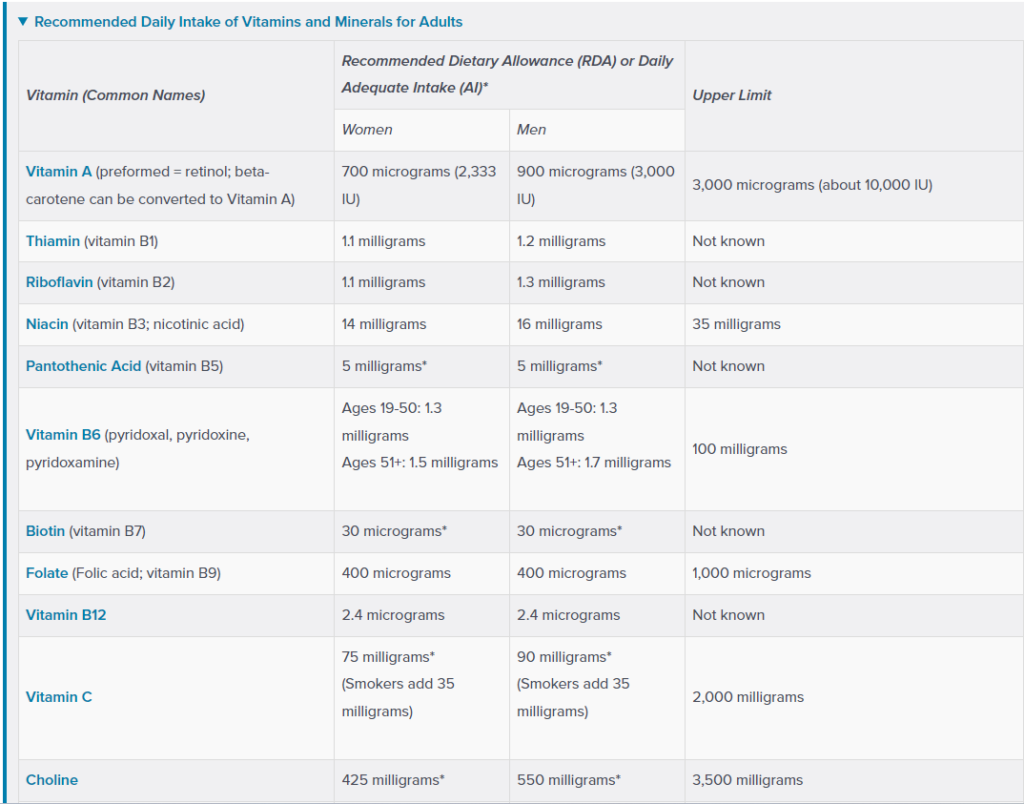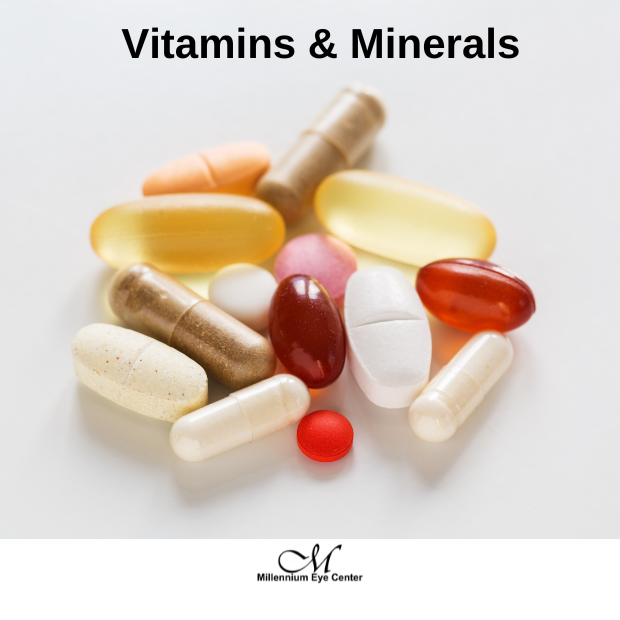Vitamins and Supplement: A Comprehensive Guide
Vitamins and minerals are indispensable nutrients, playing myriad roles in maintaining optimal health. Striking the right balance in their intake is crucial, as both deficiency and excess can have detrimental effects. Adopting a nutritious diet remains paramount for meeting your body’s vitamin and mineral requirements.
For a customized list of vitamins and supplements, please schedule a wellness consult with Dr. Lauretta HERE or call/text us at 407-292-9812.
The Body’s Essential Nutrients:
Your body engages in a constant cycle of producing skin, muscle, and bone, alongside generating red blood cells to transport vital nutrients and oxygen. To sustain these processes, your body relies on approximately 30 vitamins, minerals, and dietary components, which it cannot produce in sufficient quantities independently.
Vitamins and minerals, termed essential nutrients, collaborate to perform hundreds of functions within the body. They contribute to bone strength, wound healing, immune system fortification, energy metabolism, and cellular repair.
Navigating the World of Micronutrients:
Vitamins and minerals, often referred to as micronutrients due to their requirement in small amounts, wield significant influence over your health. Insufficient intake of these micronutrients can lead to various diseases:
- Scurvy: Historically linked with sailors deprived of vitamin C from fresh produce.
- Blindness: Vitamin A deficiency remains a concern in certain regions, leading to vision impairment.
- Rickets: Inadequate vitamin D intake contributes to weakened bones and skeletal deformities.
Conversely, maintaining adequate levels of these micronutrients confers substantial benefits:
- Bone Health: Calcium, vitamin D, vitamin K, magnesium, and phosphorus collaborate to safeguard bone integrity.
- Birth Defect Prevention: Folic acid supplementation during pregnancy mitigates the risk of neural tube defects in newborns.
- Dental Health: Fluoride not only aids in bone formation but also prevents dental cavities.
Understanding the Distinction:
Vitamins and minerals diverge fundamentally in their composition. Vitamins, organic compounds susceptible to degradation by heat, air, or acid, necessitate careful handling to maintain their potency. In contrast, minerals, inorganic substances, retain their chemical structure regardless of environmental factors.
Water-Soluble Vitamins:
Water-soluble vitamins dissolve in water-containing foods and fluids, facilitating their absorption into the bloodstream during digestion. Given their dispersal in bodily fluids, excess water-soluble vitamins are regularly excreted through urine. Key water-soluble vitamins include various B vitamins and vitamin C, each fulfilling distinct physiological roles.
Fat-Soluble Vitamins:
Unlike water-soluble vitamins, fat-soluble vitamins require fat for absorption into the bloodstream, where they associate with carrier proteins for distribution. Fat tissues and the liver serve as storage sites for these vitamins, releasing them gradually to meet bodily demands. Vitamin A, D, E, and K constitute the fat-soluble vitamin group, vital for diverse bodily functions.
Major Minerals:
Essential for maintaining fluid balance and bone health, major minerals traverse various pathways within the body. Sodium, chloride, potassium, calcium, phosphorus, magnesium, and sulfur regulate crucial physiological processes, with imbalances often arising from excessive supplementation rather than dietary sources.
Trace Minerals:
Despite their minute presence in the body, trace minerals wield significant influence over bodily functions. Chromium, copper, fluoride, iodine, iron, manganese, molybdenum, selenium, and zinc fulfill diverse roles, from facilitating oxygen transport to supporting enzymatic activity.
Harnessing the Power of Antioxidants:
Antioxidants combat oxidative stress by neutralizing harmful free radicals, reducing cellular damage. Naturally occurring in foods and supplements, antioxidants such as vitamins C and E, selenium, and various phytonutrients offer protective benefits. While the exact impact of antioxidant supplements remains debated, consuming a balanced diet rich in antioxidants proves advantageous for overall health.
In essence, prioritizing a well-rounded diet comprising a diverse array of whole foods is paramount for meeting your body’s vitamin and mineral needs.
For a customized list of vitamins and supplements, please schedule a wellness consult with Dr. Lauretta HERE or call/text us at 407-292-9812.
The table below is from Harvard School of Public Health.




The contents of this website are for educational purposes and are not intended to offer personal medical advice. You should seek the advice of your physician or other qualified health provider with any questions you may have regarding a medical condition. Never disregard professional medical advice or delay in seeking it because of something you have read on this website. The Nutrition Source does not recommend or endorse any products.

